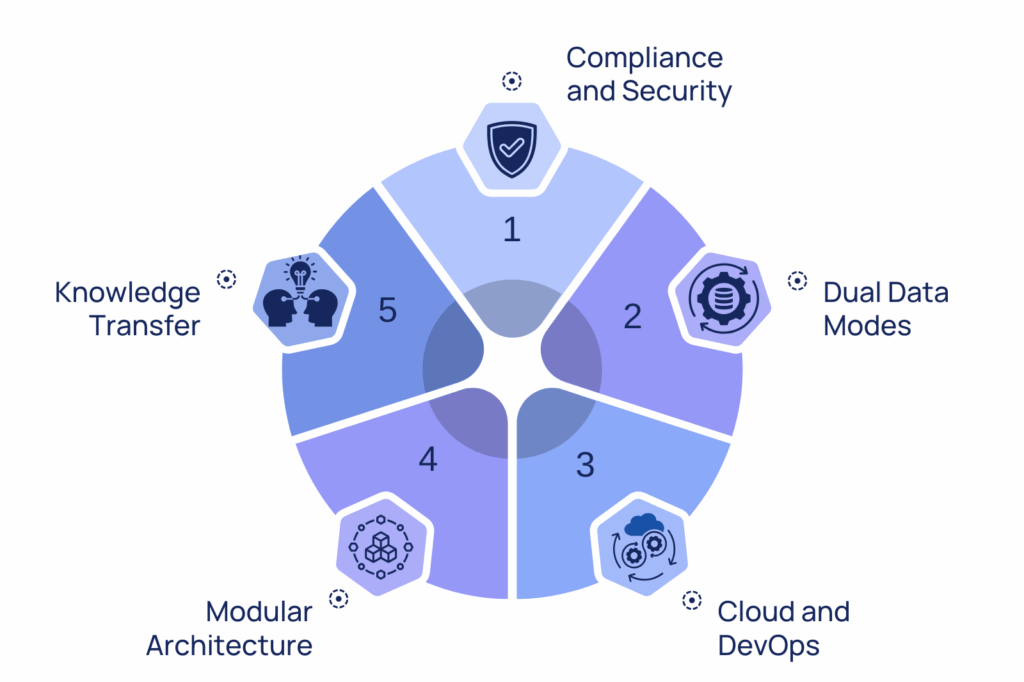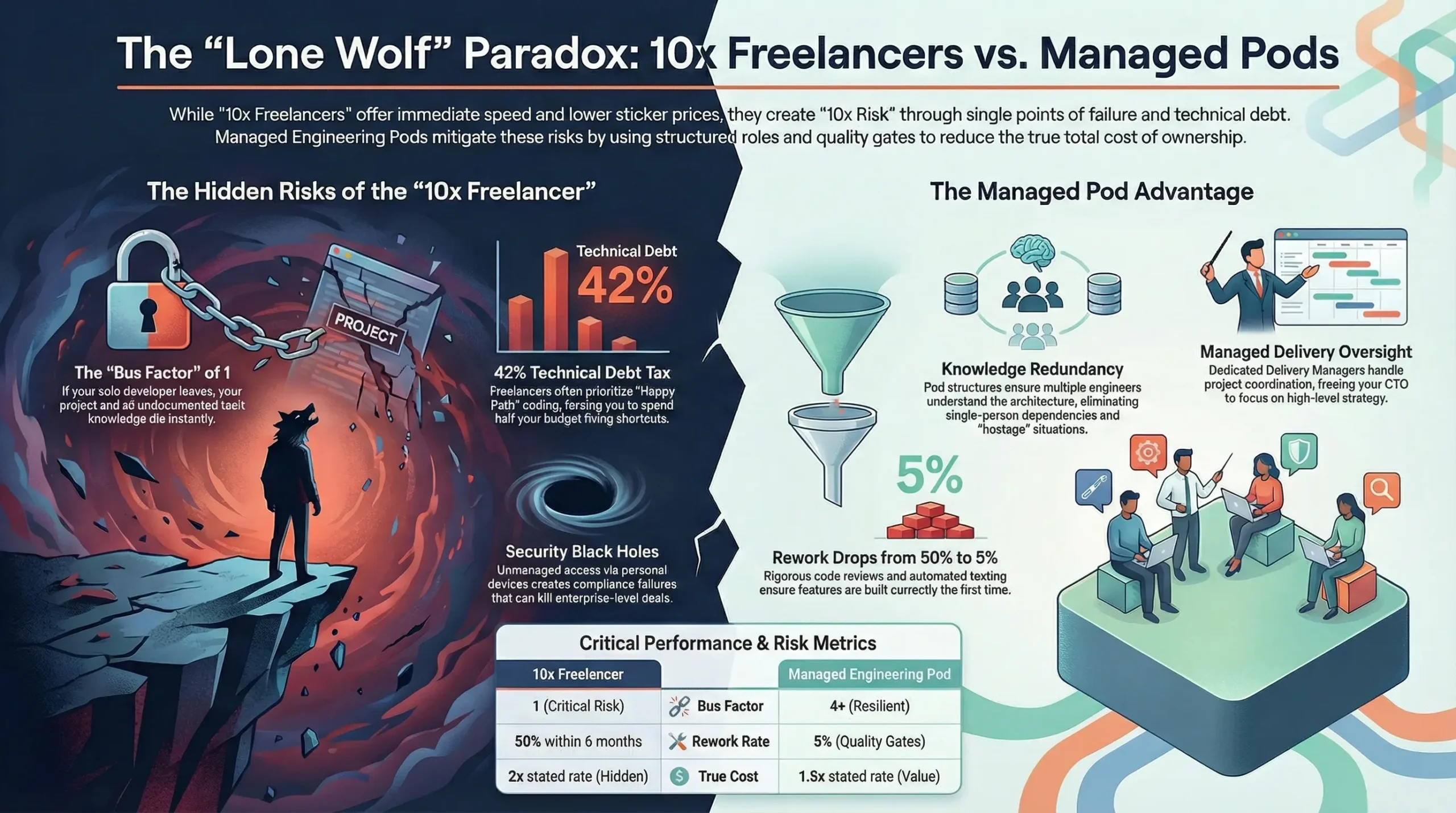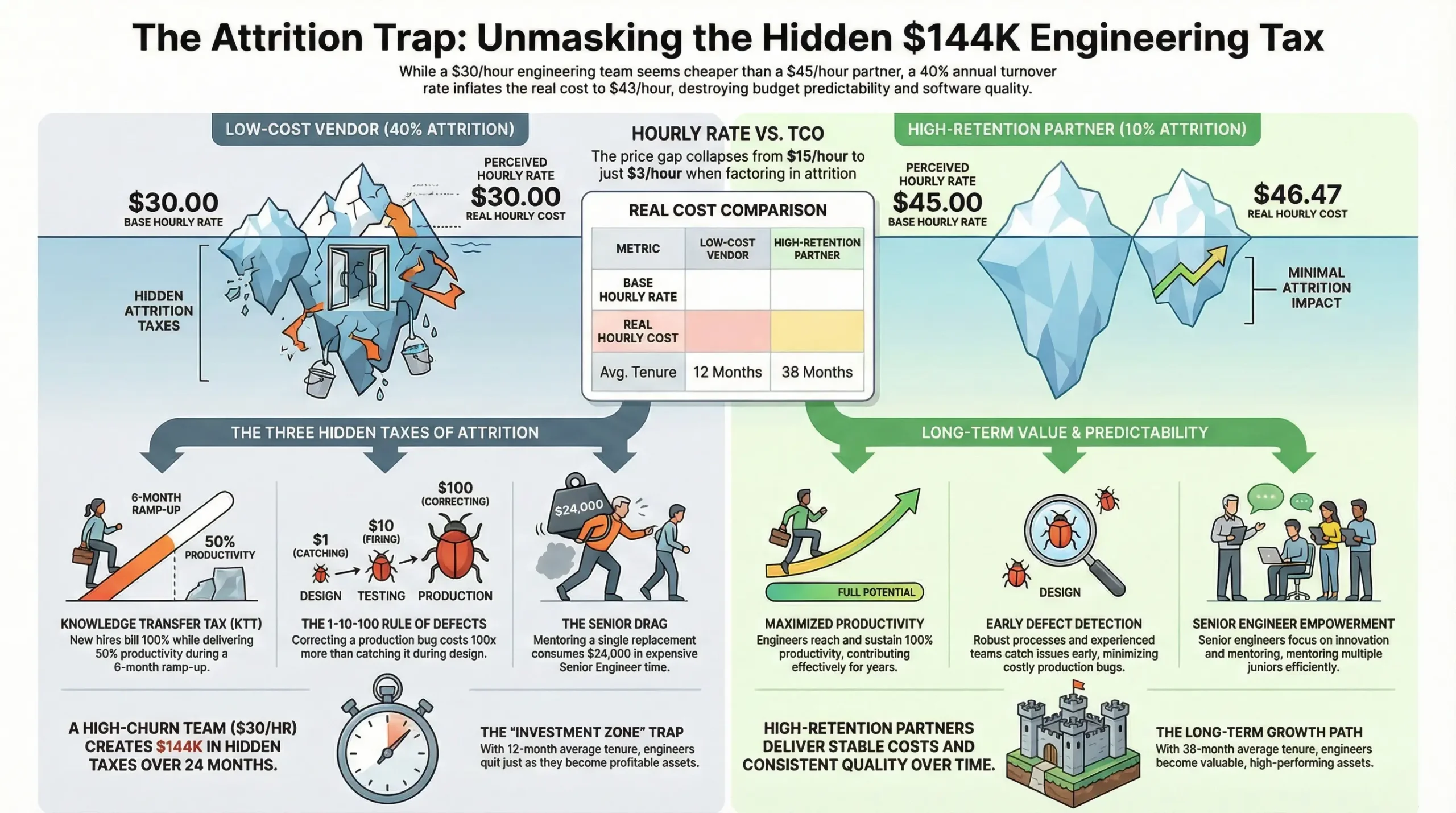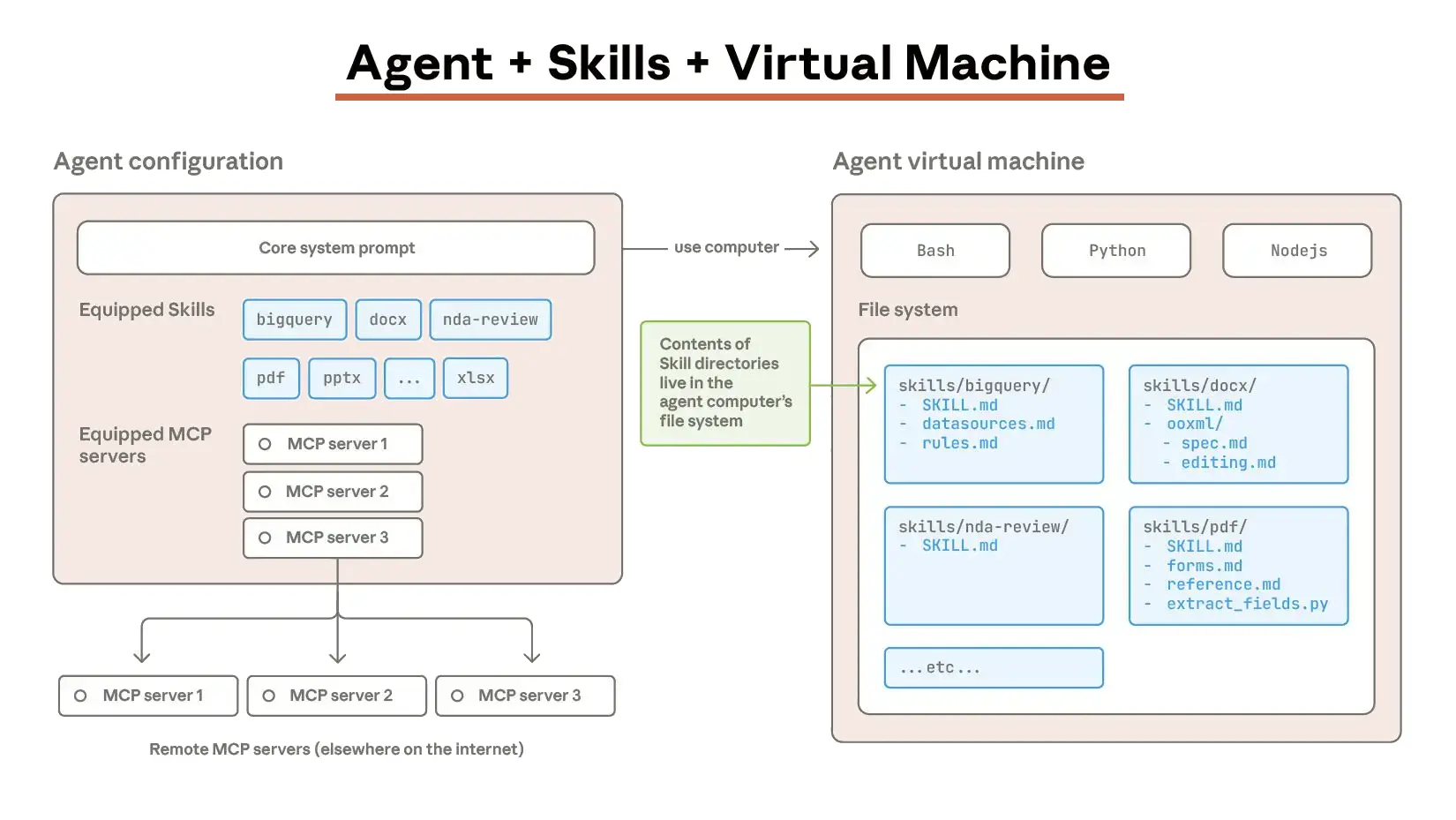The modern healthcare ecosystem generates vast, complex streams of clinical records, insurance claims, wearable device feeds, telemedicine interactions, and more. To unlock value from this information, organizations must develop scalable, secure, and reliable data pipelines that not only support real-time analytics but also meet stringent regulatory requirements. TechKraft’s partnership with Abacus Insights, a U.S.-based data enablement platform for health plans, provides a practical blueprint for building health data pipelines that are informed by enterprise scale challenges, cloud-native best practices, and a pragmatic focus on business impact.
The Challenge: Data Complexity, Compliance, and Speed
Healthcare organizations face a daunting trifecta of requirements: ingesting data from dozens of disparate sources, ensuring privacy and compliance at every step, and delivering timely insights for patient care and operational decision-making. According to Data Science Central, “This isn’t just any kind of data. It’s highly sensitive, regulated, and often messy. A small hiccup in your pipeline could delay diagnosis, violate HIPAA, or break your app’s core features.”
Centralizing and standardizing this data is only the beginning. Each pipeline must be audit-ready, low-latency, and cost-efficient. For instance, batch processing may suffice for historical claims analysis, but real-time streams are crucial for clinical decision support and patient monitoring. Healthcare data also arrives in a variety of formats like structured (EHRs, claims), semi-structured (JSON, HL7), and unstructured (images, clinical notes), making flexibility essential for any production pipeline.
TechKraft’s Approach to Building Health Data Pipelines
With Abacus Insights, TechKraft established a cloud-based data operations hub to ingest, normalize, and process petabytes of healthcare data for major U.S. payers. The solution was built on AWS, using modern cloud capabilities to handle surges in data volume such as end-of-month claims processing or public health emergencies.
Data Ingestion and Normalization
In building scalable health data pipelines, the first step was ingesting data from diverse sources: EHRs, claims systems, wearable devices, and third-party APIs. Real-time streams managed critical events, while batch pipelines handled bulk data loads. This hybrid approach ensured that both patient monitoring and retrospective analysis were supported on a single platform.
Data normalization was automated wherever possible, reducing manual effort and error rates. Techniques such as incremental loading (processing only new or changed data) helped minimize latency and resource consumption. To further optimize performance, SQL queries were restructured, frequently accessed reference data were cached, and large datasets compressed to lower storage and transfer costs.
Security and Compliance by Design
HIPAA compliance and data protection were foundational to the design. Every pipeline component included data security in both transit and at rest by proper encryption, along with strict access controls and comprehensive audit logging. Personally identifiable information (PII) was masked during transfers, with access limited to authorized personnel.
A zero-trust architecture was implemented, requiring mutual TLS authentication and fine-grained role-based access across all services. Audit trails were automatically generated to document every transformation and access event—vital for regulatory audits and incident response. This multilayered security posture enabled Abacus Insights to scale confidently while adhering to healthcare regulations and enterprise expectations.
Scalability Through Cloud and DevOps
Modern cloud-native infrastructure enabled the platform to scale as desired based on workload demands. AWS services dynamically adjusted storage and networking capacity in response to seasonal spikes in claims data or sudden increases from telehealth activity.
DevOps best practices played a crucial role in ensuring pipeline reliability and agility. Automated CI/CD pipelines allowed rapid deployment of new dataflows, supported by thorough testing and validation. Using containerization (Docker) and orchestration (Kubernetes), components could be independently scaled, updated, or rolled back without affecting the rest of the system. Real-time monitoring ensured visibility into performance, error rates, and throughput—allowing proactive maintenance before disruptions occurred.
Modularity and Knowledge Transfer
The architecture was modular, with decoupled ingestion, processing, storage, and analytics layers. This flexibility enabled Abacus Insights to replace or upgrade components without redesigning the entire pipeline, like integrating a new data source or improving batch performance.
TechKraft emphasized documentation and team enablement throughout the project. By collaborating closely with Abacus Insights engineers, sharing repositories, runbooks, and implementation guides, TechKraft ensured that the platform could be handed off smoothly—an essential feature of the Build-Operate-Transfer (BOT) model.
Results: Enterprise Scale, Operational Excellence
Unified Data Foundation: Fragmented systems were consolidated into a single analytics platform, enabling end-to-end visibility across patient journeys, provider performance, and cost structures.
Expanded Engineering Capacity: TechKraft’s offshore team scaled from 10 to 85+ engineers, data scientists, and QA experts, providing on-demand access to healthcare data talent without time-consuming recruitment.
Regulatory-Ready Solutions: The pipelines consistently delivered HIPAA-compliant, SLA-backed data products for payer clients, supporting everything from analytics to audit reporting.
Resilience at Scale: Automated monitoring, alerting, and rollback mechanisms preserved uptime and data integrity, even during major usage spikes.
Faster Market Response: Enhanced health data pipelines allowed Abacus Insights to rapidly onboard new clients, adjust to regulatory changes, and deliver insights that drive care and efficiency.
Lessons for Health Data Pipeline Architects

Start with Compliance and Security: Bake HIPAA, GDPR, and other regulatory requirements into your pipeline design from day one. Implement robust encryption, access management, and audit logging as standard features. Use data masking and tokenization to protect sensitive data at every lifecycle stage.
Optimize for Both Batch and Real-Time: Support both bulk data analysis and live event processing. Leverage Apache Kafka for stream handling and Apache Spark for large-scale batch operations to ensure real-time decision-making and long-term trend analysis.
Embrace Cloud-Native and DevOps Practices: Use modern cloud tools to scale infrastructure and costs according to demand. Adopt CI/CD pipelines, containerization, and infrastructure-as-code to make deployments faster, safer, and more efficient. Automate monitoring and incident response to preserve uptime and data quality.
Design Modular Architectures for Scalable Health Data Pipelines: Design loosely coupled components so your system can evolve as your needs grow. Swapping data processors, adding data sources, or introducing analytics tools becomes much simpler with modular pipelines.
Prioritize Documentation and Knowledge Transfer: Ensure long-term sustainability by sharing codebases, playbooks, and training guides. This makes client handover seamless and ensures internal teams can manage and grow the solution independently.
Final Thoughts
Scaling health data pipelines is a complex and high-stakes endeavor but when executed well, it delivers transformative outcomes. TechKraft’s partnership with Abacus Insights showcases how strategic design, compliance, and operational discipline can convert raw healthcare data into powerful, actionable intelligence.
At TechKraft, we help U.S. healthcare organizations scale and modernize with cloud-native and AI-driven data solutions powered by highly skilled, secure teams in Nepal. Whether you’re starting fresh or upgrading legacy systems, we’re here to partner with you on every step of your data journey.
Ready to transform your health data operations—securely, intelligently, and at scale?
Schedule a meeting or book a free virtual call with one of our representatives at your convenience.



